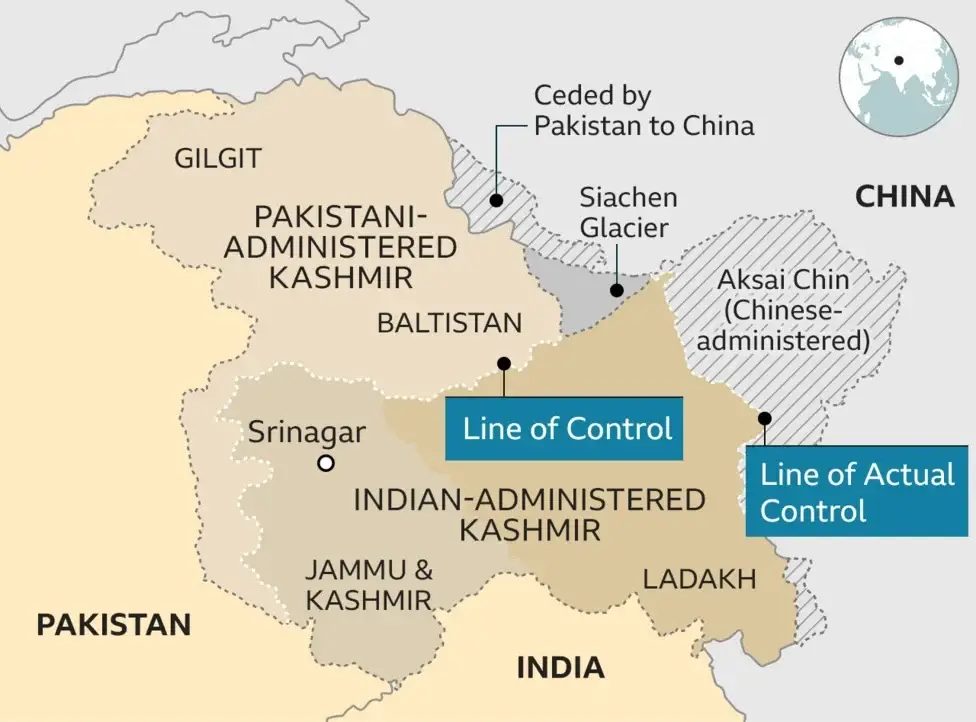Kashmir: A Paradise in Peril
Kashmir, often referred to as “paradise on Earth,” is a region of unparalleled beauty and deep-seated conflict. Nestled between India and Pakistan, it has been the center of geopolitical tensions for over seven decades. The conflict, marked by wars, diplomatic struggles, and human suffering, continues to shape the destiny of millions of Kashmiris.
A Historical Divide
The roots of the Kashmir conflict trace back to the partition of British India in 1947. With the subcontinent divided into India and Pakistan, princely states were given the option to accede to either nation or remain independent. Kashmir, ruled by Maharaja Hari Singh, found itself in a dilemma—while it had a Muslim-majority population, its ruler was Hindu.
Amid rising tensions and armed uprisings, the Maharaja sought India’s help, signing the Instrument of Accession in exchange for military support. This decision led to the first Indo-Pakistani war, culminating in a ceasefire brokered by the United Nations in 1949. The result was the establishment of the Line of Control (LoC), effectively dividing Kashmir between India and Pakistan, but leaving the issue unresolved.
The Role of Article 370
To grant Kashmir a special status within India, Article 370 was incorporated into the Indian Constitution, allowing it autonomy in all matters except defense, foreign affairs, and communications. However, on August 5, 2019, the Indian government revoked Article 370, integrating Jammu and Kashmir more directly into the Indian Union. The move sparked widespread protests, international debates, and heightened security measures in the region.
A Humanitarian Crisis
The ongoing conflict has led to severe humanitarian consequences. Reports of human rights violations, curfews, internet shutdowns, and military crackdowns have painted a grim picture of life in Kashmir. Mental health issues have surged, and civilians often find themselves caught in the crossfire between militant groups and security forces.
Pathways to Peace
The Kashmir conflict is not just a territorial dispute but a question of identity, aspirations, and human rights. For a lasting solution, diplomatic dialogue between India, Pakistan, and the Kashmiri people is crucial. Confidence-building measures, demilitarization efforts, and respect for human rights must be prioritized.
The international community also plays a role in advocating for peace and justice in the region. Instead of fueling hostilities, global leaders must encourage negotiations that lead to a resolution benefiting all parties involved.
Conclusion
Kashmir’s future remains uncertain, but peace is not beyond reach. The voices of the people who call this beautiful land home must be at the heart of any resolution. Only through mutual understanding, respect, and diplomacy can Kashmir once again become the paradise it is meant to be.


